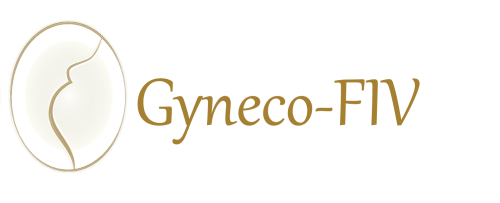Sperm donors and egg donors are people who altruistically decide to offer other people the possibility of being parents.
Donors must be of legal age and must not have health problems that can be transmitted to offspring. In addition, before starting the donation process, they will have to undergo different health tests, both physical and psychological, to try to guarantee the donation as much as possible.
In the case of men, in order to make a sperm donation, several seminal samples are requested during a certain period. These samples will be frozen and preserved until a compatible woman decides to use them. At the time of use, the sample will be thawed and used in an intrauterine insemination or in vitro fertilization treatment, depending on the diagnosis of the recipient.
For egg donors, the process is more complex, as it requires controlled ovarian stimulation, with subcutaneous injections. This medication will allow the development of multiple eggs in both ovaries, in a single cycle. The recovery of these ovules is carried out by means of an ovarian puncture under sedation and they can be used immediately (“fresh”) or they can be vitrified for use by a compatible recipient in the future. The fertilization of the eggs will be done in the laboratory with partner or donor sperm, to obtain embryos that will be transferred to the uterus of the recipient.
Gamete donation (eggs and sperm) is a regulated and controlled process that many countries have allowed for years, which has permitted the birth of hundreds of thousands of children over the last decades. However, it is important to note that each country has different rules for gamete donation, so it is essential to go to a specialized center to learn about the peculiarities of the process and to be able to solve all doubts about it.
One of the most relevant issues in gamete donation is donor anonymity. In some European countries such as the United Kingdom, donor anonymity can be lifted when the child born from the treatment turns 18, which would allow knowledge of the origin of the gametes. In Spain or France, today, the donation is anonymous, which would make it impossible to reveal identity but would not prevent both the recipients and the children born from the treatments from having access to general information about them. However, with the development of laboratory techniques and the generalization of genetic tests, exhaustive searches can be carried out to find parents of children born by gamete donation, so long-term anonymity is very difficult to ensure. In addition, the trend in Europe is to promote a modification of the regulation of gamete donation to satisfy the right of children born from donation to know their biological roots.

